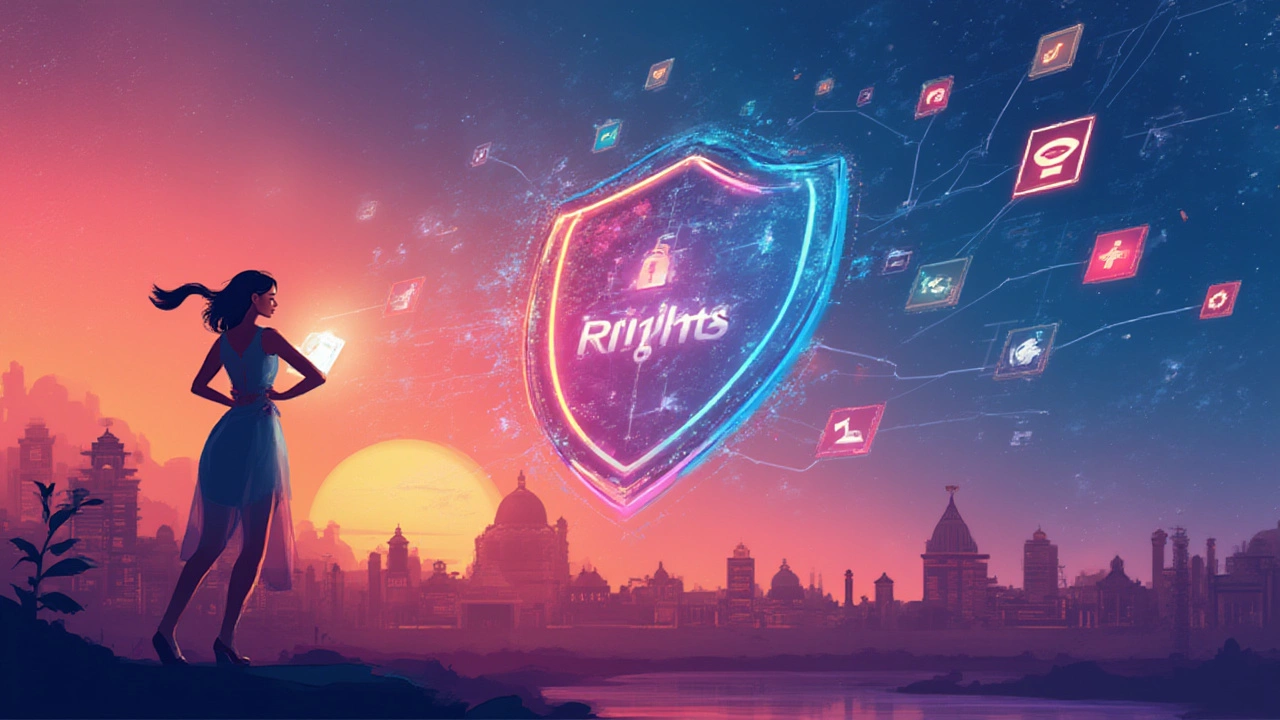CCPA Explained: Your 2025 Guide to California Consumer Privacy Law
If you’ve ever heard the term CCPA and wondered what it actually does, you’re not alone. The California Consumer Privacy Act (CCPA) is a law that gives people more control over their personal data. It’s not just for Californians – its reach can affect companies worldwide, including those that serve Indian customers. Let’s break down the basics, what it means for you, and how businesses should comply.
What Is the CCPA?
In plain language, the CCPA lets individuals know what personal info a company collects, why it’s collected, and who it’s shared with. You also get the right to ask a company to delete your data or stop selling it. The law started in 2020, but it’s been updated several times, and 2025 brings new enforcement rules and higher penalties for non‑compliance.
Key rights under the CCPA include:
- Right to know: You can request a list of the personal data a company holds about you.
- Right to delete: You can ask a business to erase your data, with a few exceptions.
- Right to opt‑out: You can tell a company not to sell your personal information.
- Right to non‑discrimination: Companies can’t charge you more or give you a worse service because you exercised your CCPA rights.
These rights apply to anyone, even if you’re not a California resident, as long as the business meets certain thresholds – for example, having annual gross revenues over $25 million or processing data of 100,000+ California residents.
How CCPA Affects You and Businesses
For everyday users, the CCPA means you can finally see what data a website or app is hoarding. Want to stop a marketing firm from selling your email list? Just click the “Do Not Sell My Info” link they’re required to display, usually at the bottom of the page.
Businesses have to make some practical changes. They need a clear privacy notice, a way to verify identity when you request data, and a process to delete or opt‑out data quickly. Many companies set up a dedicated email address or web portal for CCPA requests.
Failure to comply can result in hefty fines – up to $7,500 per intentional violation. That’s why you’ll see a surge in compliance tools, from automated data mapping software to third‑party privacy consultants.
If you’re in India and deal with California customers, the CCPA is still relevant. Cross‑border data flows are common in tech, e‑commerce, and SaaS. Treat CCPA compliance like you would any other data protection law – document what you collect, why you collect it, and who you share it with.
Related topics you might find useful include the India Code Consumer Protection Act, which also focuses on consumer rights and data security. Comparing the two can give you a broader view of how privacy laws are evolving globally.In short, the CCPA puts power back in the hands of data owners. It forces companies to be transparent, gives you control over your personal info, and sets the stage for stricter privacy standards worldwide. Keep an eye on your “Do Not Sell” options and don’t hesitate to ask a business for a data summary – it’s your right, and the law backs you up.

Consumer Rights in India: Complete Guide 2025
Learn the essential consumer rights in India, the key laws, how to file a complaint, and practical tips for getting refunds or compensation.

7 Essential Rights for Consumers Under the CCPA: Your Guide in 2025
Learn the seven key rights the California Consumer Privacy Act gives you, how they work, and ways to make sure businesses respect your privacy in 2025.

Understanding Legal Rights under CCPA for Consumers in India
The Consumer Protection Act, 2019 (CCPA) in India empowers consumers by offering a solid foundation for filing complaints and seeking legal action. But can consumers sue under the provisions laid out in this act? Understanding the scope, processes, and potential limitations is crucial for any consumer looking to protect their interests. This article delves into the nuances of consumer rights under CCPA and provides practical advice on navigating this legal landscape. From what steps to take when facing a grievance to knowing the latest legal updates, it's an essential guide for every consumer in India.